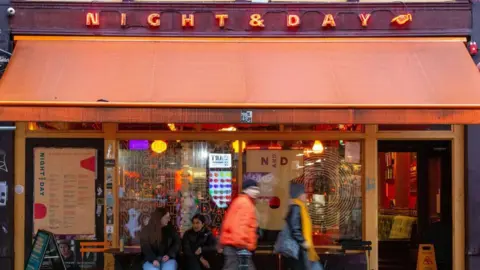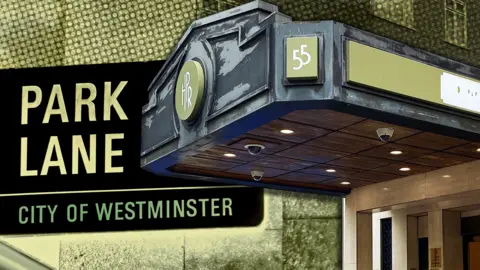Government Unveils Plans to Safeguard Pubs and Music Venues from Noise Complaints
Government Launches Initiative to Shield Pubs and Music Venues from Noise Complaints
In a move aimed at bolstering the hospitality and entertainment sectors, the government has announced comprehensive plans to protect pubs and music venues from noise complaints. These measures are designed to streamline regulations, encourage new business openings, and ensure the long-term viability of establishments crucial to community life.
The core of the initiative focuses on amending planning and licensing rules. Developers planning new residential properties near existing venues will now be legally obligated to incorporate adequate soundproofing measures. This proactive approach is intended to prevent conflicts before they arise, allowing pubs and music venues to operate without the threat of noise-related closures. Furthermore, the government will expedite approvals for new businesses and outdoor dining areas, recognizing their vital role in creating vibrant and economically thriving environments.
Key Reforms: A Detailed Look
The primary objectives of these reforms are multifaceted: to simplify the process of opening new pubs and bars in vacant spaces, promote and facilitate outdoor drinking and dining experiences, and ultimately, combat the concerning trend of pub closures across the country. Industry estimates suggest that hundreds of pubs are shutting down each year, leading to significant job losses and a reduction in community gathering places.

These reforms directly address the challenges faced by live music venues and pubs, many of which have endured legal battles and faced potential closures due to noise complaints arising from nearby residential developments. The government’s response seeks to create a balanced environment where businesses and residents can coexist harmoniously.
“Pubs and bars are integral to British culture,” stated Chancellor Rachel Reeves. “For too long, they’ve been hampered by outdated regulations. We are removing these obstacles to protect pavement pints, al fresco dining, and street parties – not just for the summer, but year-round.”
Political Reactions and Industry Perspectives
The hospitality sector has largely welcomed the proposed changes. Labour representatives have expressed strong support, emphasizing the potential to infuse vibrancy into struggling towns and cities. Exchequer Secretary to the Treasury James Murray highlighted the government’s commitment to removing bureaucratic hurdles that impede the opening of new venues.
Conversely, Conservative figures have voiced concerns, arguing that tax policies are a primary factor contributing to the challenges faced by the hospitality industry. Shadow Business Secretary Andrew Griffith criticized Labour’s policies, alleging they were detrimental to the industry.
The debate highlights the complex challenges facing the hospitality sector, which is grappling with rising costs, regulatory burdens, and broader economic pressures. The closures of pubs and music venues negatively impact businesses, employment, community spaces, and cultural hubs.
The announcement follows several high-profile closures and legal disputes, including the Night and Day Cafe in Manchester, which underwent a lengthy legal battle due to noise complaints. The Moth Club, an independent music venue in east London, initiated a petition to counter a development that threatened its operations. These examples underscore the urgency of reforms designed to protect both businesses and residents, thereby ensuring the long-term sustainability of the hospitality sector.
The government has initiated a consultation on the proposed changes, inviting feedback from stakeholders. This consultation will enable industry representatives, local authorities, and the public to contribute to the final details of the reforms. The objective is to establish a regulatory framework that supports growth, safeguards existing businesses, and values the cultural and social significance of pubs and music venues.
“`



Post Comment